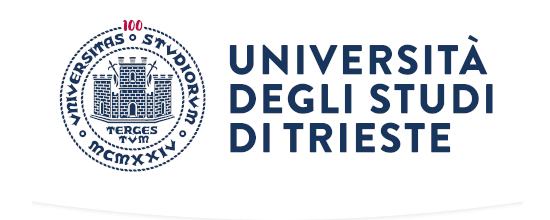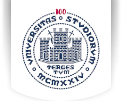The Master of Science programme in Mechanical Engineering is the natural continuation of the Bachelor’s degree in Industrial Engineering offered by our University. The programme aims at preparing a graduate with high scientific and professional preparation in Mechanical Engineering, by exploiting the many cultural skills available in the Department of Engineering and Architecture.
It aims to train engineers who will be able to continue their studies (specialist high level Master or PhD courses in the disciplines related to Mechanical Engineering) and profitably enter the labour market, particularly in the manufacturing industry of the Triveneto and Friuli-Venezia Giulia Region. The graduate can also hold positions of responsibility, both in the industrial sector (design, production, organization, research and development) and in the public administration. Furthermore, he can work as an independent professional.
To achieve these goals, the training activity carried out during the Master's degree programme in Mechanical Engineering can be divided into two ideal parts. The first one completes the basic knowledge acquired with the Bachelor’s degree, which is necessary to a solid mechanical engineer. The second one provides advanced knowledge, especially in the field of advanced multiphysics modelling, energy production and management issues, virtual prototyping and additive manufacturing.
In order to facilitate the graduates’ entry into the labour market, the programme foresees an internship that can be carried out in the University or in the companies and external organizations with which the University of Trieste has formal agreements for research and training. The teaching methodology includes both lectures and classroom or laboratory training, using experimental methods and advanced software tools. Classroom training can be performed as individual or team work.
The assessment of students’ learning is always performed by means of a written and/or oral examination that includes a vote; in some cases, individual or team projects or reports can be required, which are aimed at verifying the degree of autonomy of the student to solve problems of high complexity.
The final examination consists in the production and discussion of a thesis that enables the student to confront himself with the applied aspects of the knowledge acquired during the Master's programme. The degree thesis can concern the analysis and solution of a case study, commonly carried out in collaboration with companies or external organizations; alternatively, the thesis can be an original contribution to methodologies to solve general engineering problems.


